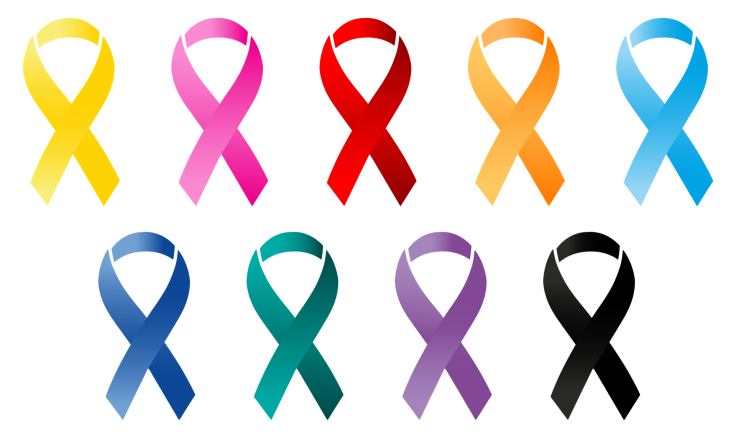Breast, Lung, Bowel, And Prostate Cancer Can All Now Be Treated In Just A Week

KEY POINTS
- Nearly 12,750 people are awaiting cancer surgeries and 6,000 people are yet to receive chemotherapy in the U.K. since the lockdown
- 2,800 people have missed their radiotherapy due to the pandemic situation
- Findings of a recent trial revealed that several forms of cancer can now be treated within a week
Needless to say, cancer care has been hit hard during the pandemic and thousands of cancer patients are waiting for surgeries and treatments. Bigger doses of radiation over fewer sessions can work as effectively in cancer patients. Breast, lung, prostate, and bowel cancer can all be now treated within just a week’s time, according to the U.K. trials.
Women diagnosed with early-stage breast cancer usually receive around 15 doses of radiation post-surgical procedures, which now would be delivered over a period of three weeks.
Per the FAST-Forward trial led by experts at the Institute of Cancer Research in London, just five large doses of radiation given within a week’s time are just as safe and effective. The findings of the new trial could change the standard practice in the country. And it could make cancer treatment more convenient for many, especially during the ongoing crisis.
"Patients want the best treatment. If four weeks is as good as six weeks, or one week as good as three weeks, they prefer the shorter option," The Sun quoted Dr. Jeanette Dickson, the President Of The Royal College Of Radiologists.
During the current pandemic, several NHS clinics across the U.K. have been looking for ways to make cancer treatment more efficient and many of them have adopted this new method.
The FAST-Forward Trial:
According to the American Society for Radiation Oncology’s guidelines on whole-breast radiation therapy (March 2018), women diagnosed with breast cancer should be treated with a hypofractionated radiation schedule. Whole-breast radiation therapy post-surgical procedures are usually administered as a treatment per day, 5 days a week, for 5-7 weeks.
But a 5 to 7-week commitment might be difficult for some, particularly for those living farther from treatment centers.
Therefore, doctors developed and studied different radiation therapy schedules that involve fewer treatments with higher doses of radiation.
The findings published in the journal Lancet demonstrated that 26 Gy in five fractions over a single week is as effective and safe as 40 Gy in 15 fractions over a period of 3 weeks for local tumor control. A Gray (Gy) is the way radiation oncologists measure the doses of radiation therapy to treat cancer.
© Copyright IBTimes 2024. All rights reserved.






















